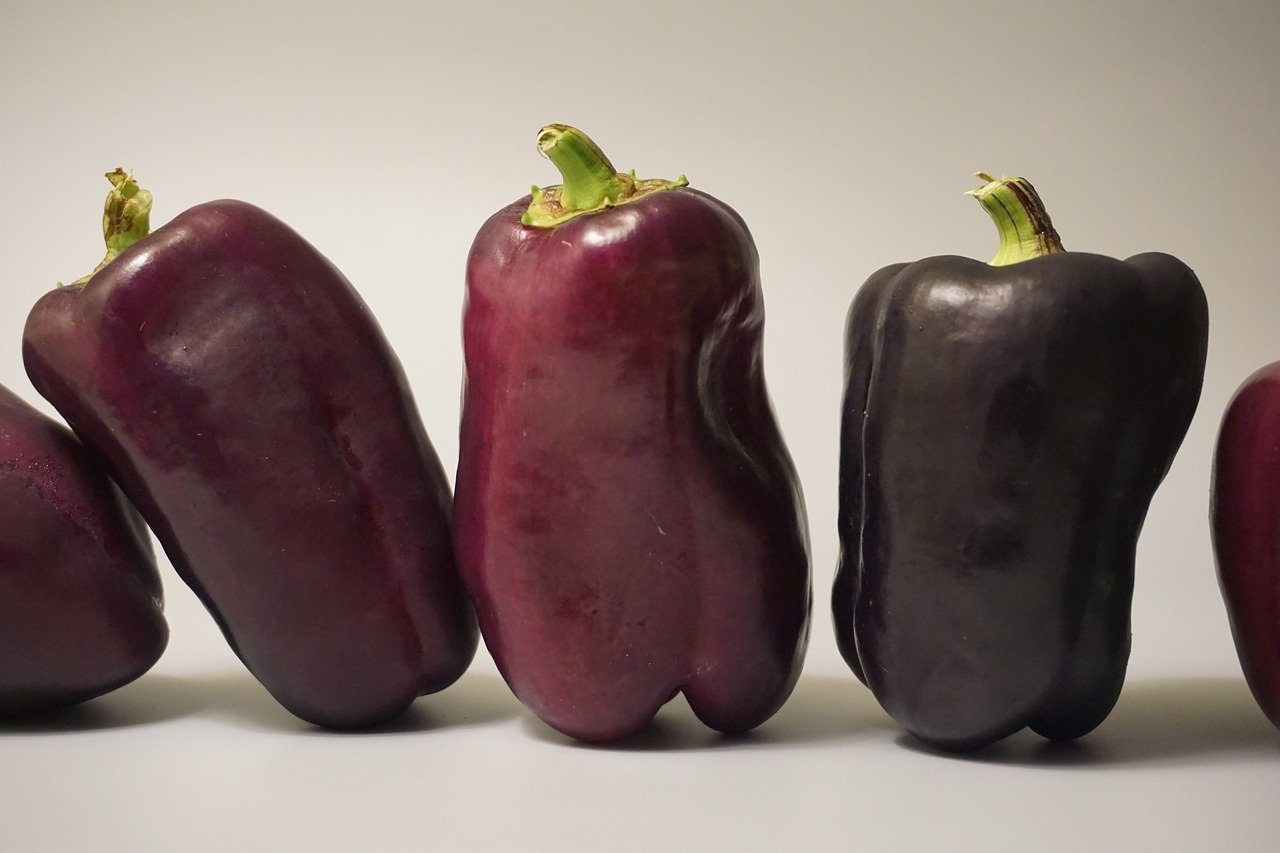“`html
The gluten-free diet has garnered significant attention in recent years, evolving from a niche eating plan for those with celiac disease to a popular lifestyle choice among many. As the health benefits and potential drawbacks become more understood, a growing number of individuals are exploring gluten-free living. This blog post delves into the fundamentals of a gluten-free diet, provides insight into its benefits and challenges, and offers practical tips for those considering making the transition.
What is a Gluten-Free Diet?
A gluten-free diet requires the complete avoidance of gluten, a protein found in wheat, barley, and rye. For individuals with celiac disease, consuming gluten can lead to severe health issues. However, a gluten-free diet is also embraced by those with gluten sensitivity and other conditions related to gluten intolerance.
The Basics of Gluten-Free Foods
- Allowed Foods:
- Fruits and vegetables
- Meats and fish (unprocessed)
- Dairy products (if tolerated)
- Gluten-free grains (e.g., rice, quinoa, and corn)
- Nuts and seeds
- Legumes
- Foods to Avoid:
- Wheat (and all variants such as spelt, bulgur, and durum)
- Barley
- Rye
- Breads, pastries, and many processed foods
Benefits of a Gluten-Free Diet
A gluten-free diet offers multiple potential benefits for individuals who need it. Here are some of the most noteworthy advantages:
Improved Digestive Health
- Many individuals with gluten intolerance experience enhanced digestive function after eliminating gluten.
- Reducing symptoms such as bloating, diarrhea, and abdominal pain can greatly improve quality of life.
Increased Energy Levels
- A gluten-free diet may lead to increased overall energy and less fatigue, especially for those who previously experienced digestive distress.
- By focusing on whole, nutrient-rich foods, individuals may find more consistent energy throughout the day.
Potential Weight Management
- For many, shifting to gluten-free eating encourages a diet rich in fruits, vegetables, and lean proteins.
- This transformation supports healthier eating habits, potentially leading to weight loss or weight maintenance.
Challenges of Following a Gluten-Free Diet
While there are numerous benefits, certain challenges can arise when transitioning to a gluten-free diet.
Social Limitations
- Dining out or attending social gatherings may become more complicated, as gluten-free options are not always available.
- People may find it essential to communicate dietary restrictions in social settings for accurate accommodations.
Nutritional Imbalances
- Some gluten-free processed foods may be less nutritious compared to their gluten-containing counterparts.
- It’s vital to ensure a balanced intake of vitamins and minerals, including fiber, which can be lower in some gluten-free diets.
Practical Tips for a Successful Transition
Making the shift to a gluten-free diet can be easier with a few actionable steps:
Fill Your Pantry with Gluten-Free Staples
- Purchase gluten-free grains like quinoa, rice, or millet.
- Stock up on beans, lentils, and vegetables for fiber and protein.
- Explore gluten-free alternatives for traditional products (e.g., gluten-free pasta, bread).
Educate Yourself on Labels
Understanding food labels is essential for a gluten-free diet. Look for:
- Products labeled “certified gluten-free.”
- Be cautious of cross-contamination—purchase from brands that prioritize gluten-free processing.
Prepare Meals at Home
- Cooking at home allows for greater control over ingredients and minimizes gluten exposure.
- Experiment with new recipes that focus on whole foods free from gluten.
Conclusion
A gluten-free diet is a necessary lifestyle for many but can also be a beneficial choice for individuals seeking improved health. Understanding the essentials of a gluten-free diet, its pros and cons, and practical tips for implementation can help make the transition smoother. Always consult with a healthcare professional before drastically changing your eating habits, especially if you suspect gluten intolerance. By embracing mindful eating and exploring gluten-free options, you open the door to a healthier and happier lifestyle.
“`



